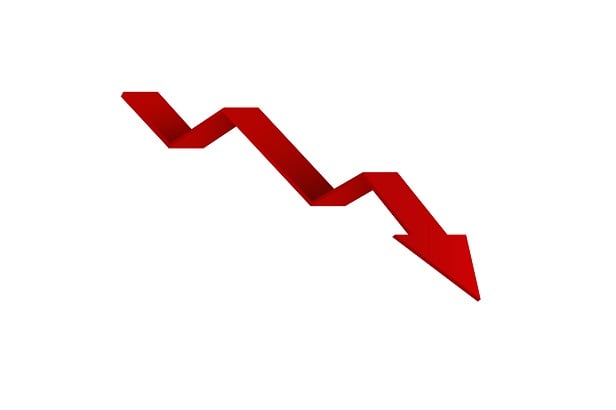During the financial crisis, Richard Lawson was head of the Consumer Protection Division of the Florida Attorney General's Office. In that turbulent time, he oversaw the state's review of people's petitions to modify their mortgages.
"That was a huge, huge issue during that whole crisis," says Lawson, now a shareholder with Tampa-based law firm Gardner Brewer Martinez-Monfort. "The remedies that we obtained from the banks were geared towards fixing that experience [modifying mortgages] for the consumers."
In the current COVID-19 crisis, regulators will be watching a variety of things, including banks' stress levels, rents, and even prices for retail goods, if a state of emergency is declared in a particular location.
Rental housing owners could have difficult decisions concerning how they handle late or unpaid rent.
"Much of that [decision about how they deal with residents] will depend on what kind of relief the creditors will be giving and whether they owe somebody money or whether they own it fully outright," Lawson says. "So, you're going to have all of these players between a rock and a hard place."
In his example, Lawson says the creditors are in a difficult spot because they need to satisfy their regulators while dealing with rental owners—some of whom have long track records as good customers.
"You have a landlord who is perfectly fine for years, and this comes out of nowhere," Lawson says. "What do they do? It's a real mess."
Further complicating the situation are emergency declarations that some states are issuing. Lawson's home state of Florida issued on March 11. When that happened, it triggered a price-gouging statute.
"The Florida price gouging statute has a provision that no one will offer dwelling accommodations at an unconscionable price," Lawson says.
While Lawson isn't sure how the price gouging statute will be applied, he doesn't think the regulators will go after Paneras and UPS stores. "Those are not going to be deemed to be central commodities," he says. "Certainly, that could be an interesting issue for grocery stores, though."
But if the situation gets really bad, regulators could ask if companies are "violating the law if they don't downwardly adjust their prices," Lawson says. "Businesses don't know if they are violating the law," Lawson says. "If they adjust downward, how far will they go? What everybody is facing here is a complete nightmare."







